Can Maserati Achieve a Success Comparable to Xiaomi's SU7 Ultra?
![]() 03/26 2025
03/26 2025
![]() 587
587
Introduction | Lead
Under the pressure of emerging players in the automotive industry, even prestigious luxury car brands are feeling unprecedented stress. Recently, Maserati opted to abandon its electric MC20 sports car project. In contrast, Xiaomi's SU7 Ultra, another sports car, announced it had already met its annual sales target for this year. In today's fast-evolving market, even the most established brands feel a sense of crisis, and relying solely on past achievements is no longer viable.
Produced by | Heyan Yueche Studio
Written by | Zhang Dachuan
Edited by | He Zi
Total words: 2374
Reading time: 4 minutes
Is Xiaomi too formidable, or is Maserati falling behind?
This question arises due to Maserati's recent decision to scrap its electric MC20 sports car project. According to Maserati, future sales of this model are anticipated to be limited, and existing MC20 customers, based on Maserati's research, seem to prefer high-performance engines.
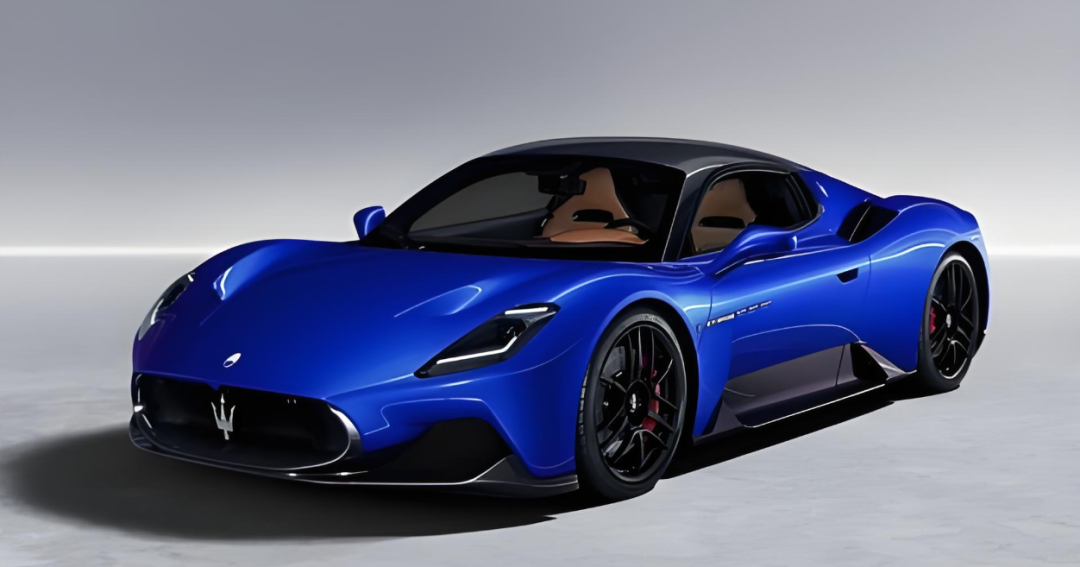
△ Maserati recently decided to cancel its electric MC20 sports car project
The electric sports car market is not stagnant
Is the truth as stated in Maserati's official announcement, or are there underlying reasons? One plausible scenario is that Maserati is running low on funds. In 2024, Maserati sold only 11,300 vehicles, a sharp decline from the 26,600 sold in the same period in 2023. This drastic sales drop led to an adjusted operating loss of 260 million euros for the company throughout the year. There were even rumors that Stellantis, Maserati's parent company and owner of multiple brands, was considering selling the brand. In this situation, instead of investing heavily in developing a new electric sports car model with uncertain sales prospects, Maserati might as well introduce a few new models in its more proficient field of fuel vehicles to reverse last year's unfavorable situation.
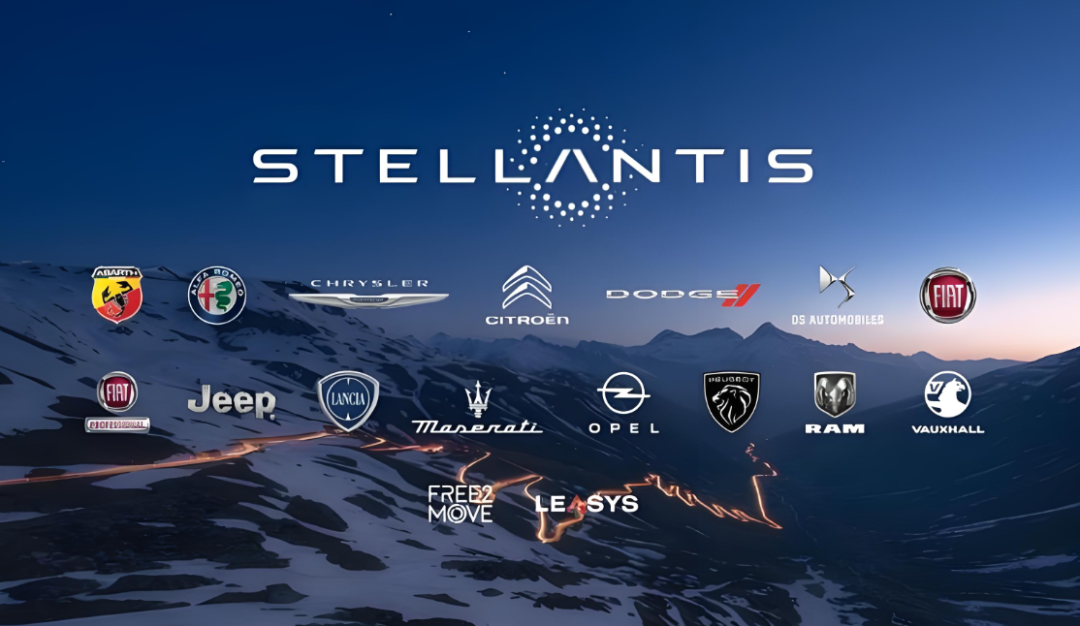
△ Stellantis has numerous sub-brands, and Maserati is not its primary focus
But does this mean there is no sales potential for pure electric sports cars? The answer is no. In stark contrast to Maserati's cancellation of its electric sports car project, Xiaomi's SU7 Ultra received over 10,000 orders just two hours after its launch on February 27th; by March 3rd, orders had surpassed 19,000. While Xiaomi's SU7 Ultra, priced at 529,900 yuan, targets a different customer base from Maserati, it is already close to the lower limit of Maserati's domestic pricing. The Grecale, a mid-size SUV, has a manufacturer's suggested retail price of 650,800 yuan, which, after considering discounts from 4S stores, is roughly in the same price range as the Xiaomi SU7 Ultra.
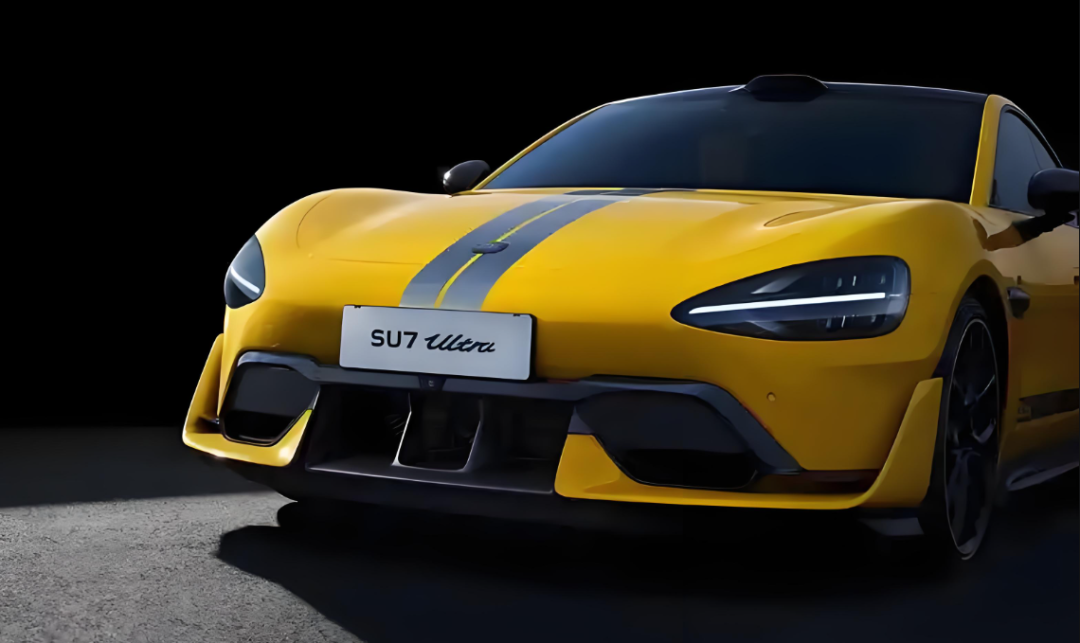
△ As of March 3rd, Xiaomi SU7 Ultra orders have exceeded 19,000 units
Xiaomi SU7 Ultra's success is not solely due to Lei Jun's marketing prowess
The success of Xiaomi's SU7 Ultra is not solely attributed to its starting price being significantly reduced by 285,000 yuan compared to the pre-sale price. What likely delights Lei Jun even more is the recognition that domestic automakers have begun to give to Xiaomi's vehicles. The market segment where Xiaomi's SU7 Ultra is positioned overlaps significantly with traditional luxury brands. Data shows that Xiaomi SU7 Ultra customers are primarily from BBA, Porsche, and Ferrari, accounting for 80-90% of total customers. Among them, owners who switched from Mercedes-Benz E-Class, BMW 5 Series, and Audi A6L account for 50-60% and are the primary customers for Xiaomi SU7 Ultra.
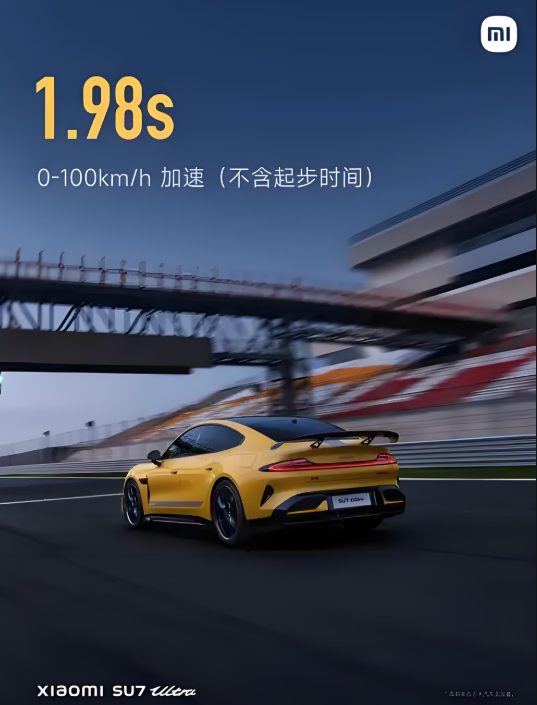
△ The Xiaomi SU7 Ultra accelerates from 0-100km/h in just 1.98 seconds
In terms of product capabilities, there is little to criticize about this model. In terms of power performance, the Xiaomi SU7 Ultra accelerates from 0-100km/h in just 1.98 seconds and can reach a maximum speed of 350km/h. Xiaomi has maximized the characteristics of electric motors compared to internal combustion engines in terms of high torque at low speeds. For users who prefer high-performance vehicles, the temptation and actual pushback sensation of 1.98 seconds far exceed that of any fuel-powered supercar, and its purchase price may be just a fraction of the latter. In terms of intelligence, the Xiaomi SU7 Ultra's infotainment system uses the Qualcomm Snapdragon 8295 chip to support Xiaomi's proprietary Xiaomi hyperOS system, making the system very smooth to use; while the 10.68 EFLOPS computing power provided by the two NVIDIA Orin X chips can also support most intelligent driving functions.
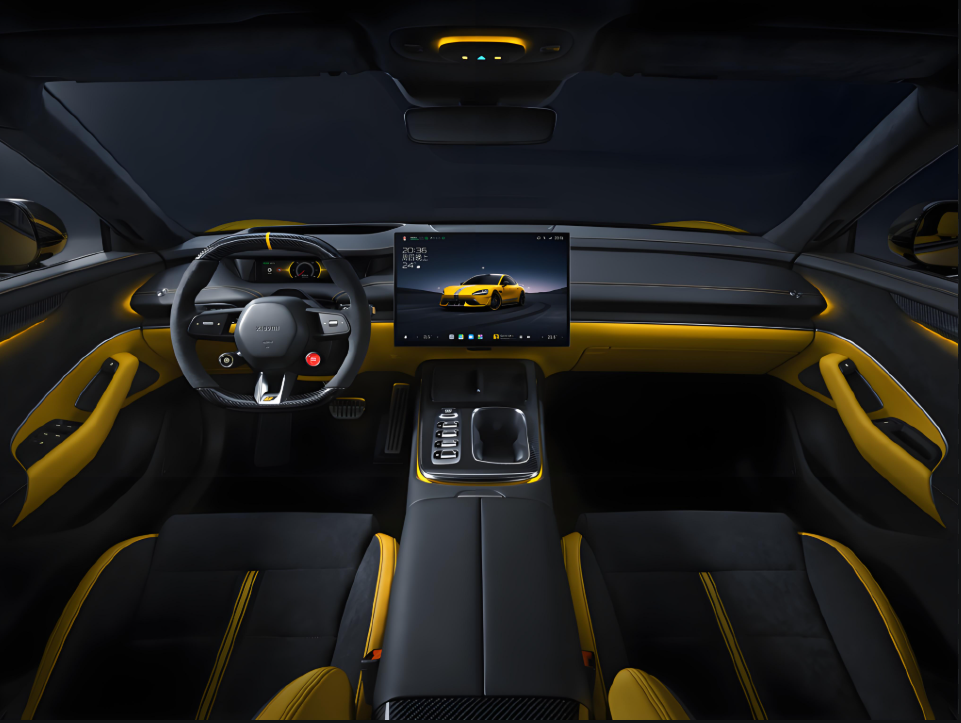
△ Xiaomi SU7 Ultra's infotainment system
Can Maserati create a Xiaomi SU7 Ultra?
For Maserati and the Stellantis Group behind it, achieving the product capabilities of the Xiaomi SU7 Ultra may not be overly challenging.
The Xiaomi SU7 Ultra is equipped with three electric motors with a total power of 1,138kW/1,548 horsepower. For comparison, the single-motor version of the BYD Han L is equipped with a motor with a power of 500kW/680 horsepower; the four-motor version of the Nio U7 has a total power of 1,300 horsepower. The challenge for Maserati may be designing a new platform to accommodate three electric motors, so that the gap in total power with the Xiaomi SU7 Ultra is not too significant. As for the Qualcomm Snapdragon 8295 chip and NVIDIA Orin X chip related to intelligent connectivity, they have become standard equipment for domestic first-tier OEMs. It is not difficult for Maserati to purchase chips from Qualcomm and NVIDIA. If we must find differences, then Xiaomi's hyperOS and intelligent driving system, based on the Android system, may have widened the gap between Maserati and the entire Stellantis Group.
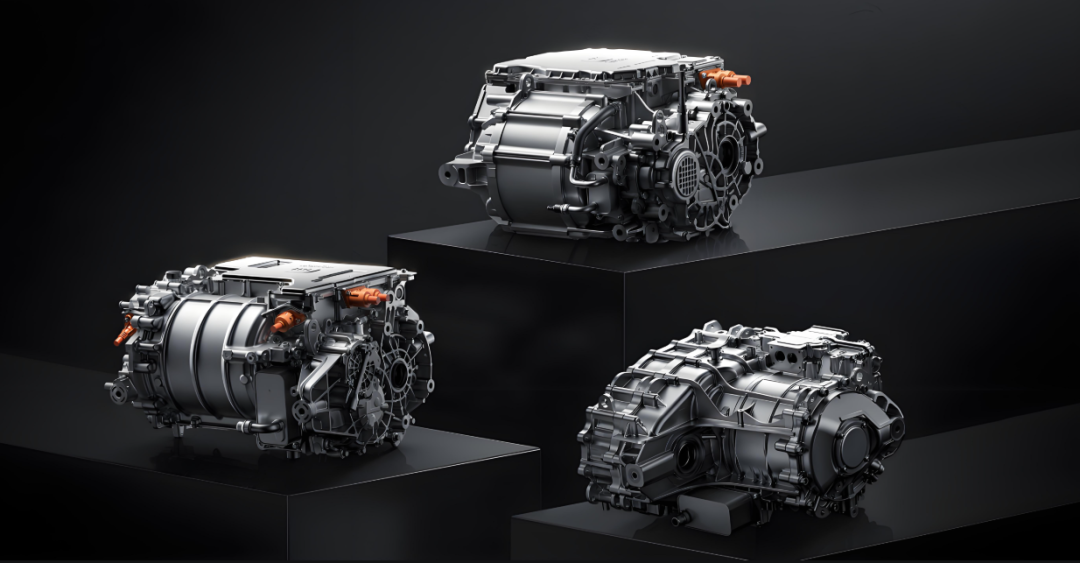
△ Maserati has the opportunity to procure motors with performance close to that of the Xiaomi SU7 Ultra
Compared to Xiaomi, Maserati's biggest gap in China lies in its ability to better understand consumer psychology and launch grounded marketing strategies and techniques. In the short term, Xiaomi Motors will not immediately push its brand and products upwards. However, as it gains a firm foothold in the automotive industry, entering the million-yuan market segment will be an inevitable choice. The great success of Xiaomi's SU7 Ultra undoubtedly gives Xiaomi more confidence when striving for higher goals in the future. By then, Maserati and other super luxury brands will face the impact of Xiaomi Motors head-on.
The outlook for Chinese automakers in Europe is promising
Currently, a sense of pessimism pervades Europe. On one hand, Europe's own economic recovery after the pandemic has been slow and far from previous expectations; on the other hand, European automakers are facing increasing challenges and blockades in overseas markets. In the U.S. market, if the European Union cannot make significant concessions, a 25% tariff on European automakers may be unavoidable. In the Chinese market, the lag in product strength and cost-effectiveness of European automakers has already led these once high-and-mighty brands to engage in price wars. Moreover, in the short term, this lag in product strength and cost-effectiveness is difficult to reverse.
△ Donald Trump has objections to the large number of European cars entering the U.S. market
Therefore, for Chinese automakers, including Xiaomi, this is a rare opportunity to enter Europe. Recently, it was reported that Xiaomi will build a research and development center in Munich, Germany, just 3 kilometers from BMW's headquarters. The total investment in this center will reach 300 million euros, and it is planned to begin full operation in the second quarter of this year, with the goal of recruiting 500 engineers. From Xiaomi's perspective, entering Europe is a must. To gain a foothold in Europe, it is necessary to have a deep understanding of European regulations and the market. With the establishment of research and development centers and later factories, along with the expansion of sales networks and overall brand awareness, the prospects for Xiaomi and other Chinese automakers in the European market are very promising.
△ Xiaomi's European R&D center is only three kilometers away from BMW's headquarters
Commentary
For European automakers, especially relatively niche supercar brands like Maserati, it is necessary to step out of their comfort zone. Relying on the advantages of internal combustion engines, domestic automakers will find it difficult to shake the established positions of these old European automakers in the short term. However, in the pure electric market, there are no generational technological constraints on electric motors and electronic controls. Especially in the field of intelligent connectivity, domestic automakers even have a first-mover advantage. Considering various factors, if Maserati fails to achieve rapid transformation, its status as a super luxury brand will inevitably be eroded over time. In the long run, its parent company may have to make a painful decision to let it go.
(This article is originally created by "Heyan Yueche" and cannot be reproduced without authorization)







